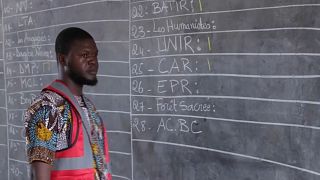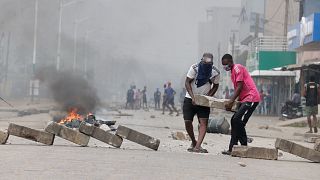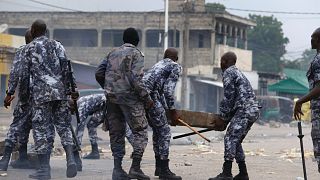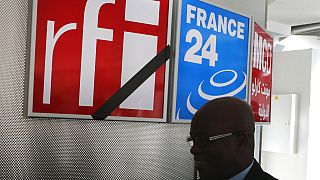Togo
Togolese voters headed to the polls on Monday to vote in the country's parliamentary elections, which will test support for a proposed new constitution that would scrap future presidential elections and give lawmakers the power to choose the president instead.
The opposition and the clergy say the legislation is an effort by President Faure Gnassingbe to prolong his rule.
It was passed by lawmakers in late March and is close to being enacted.
Authorities have cracked down on civic and media freedoms ahead of the vote.
In early April, the government banned protests against the proposed new constitution and the arrest of opposition figures.
In mid-April, a French journalist who arrived in Togo to cover the elections was arrested, assaulted and expelled.
Togo's media regulator subsequently suspended the accreditation process for foreign journalists.
The electoral commission has also banned the Catholic Church from deploying election observers to monitor the process.
Togo has been ruled by the same family for 57 years, initially by Eyadema Gnassingbe and subsequently by his son.
Faure Gnassingbe has been in office since 2005 after winning elections that the opposition described as a sham.
The opposition and the clergy say the proposed new constitution, which was passed by parliament in March after its mandate expired, makes it likely that Gnassingbe will be reelected when his mandate expires in 2025.
In Lome, an opposition stronghold, Kpedji Kossi Nicabou is one of many Togolese young people who are hoping for change. “I hope there is a crucial change. Seeing what the parliament just did, they changed the constitution, we need to be here to vote.”
Jean-Pierre Kabré is an opposition leader and parliamentary candidate with Togo’s Alliance for Change party.
From his polling station in Lome, he said “you know the atmosphere in which these elections are happening, a tense atmosphere, because of the changes to the constitution in the middle of the electoral process. We have not finished denouncing this forfeiture.”
Voters will elect candidates to 113 parliamentary seats — 22 more than the previous assembly — and for the first time fill 179 senatorial positions.
Preliminary results are slated for release within six days post-election.
More than 14,200 polling stations will operate nationwide from 7 a.m. to 4 p.m.
Observer missions from the African Union among other organizations have been authorized to monitor the vote.











Go to video
Togo protest crackdown raises fears of worsening political crisis
00:29
At least 7 people killed during recent anti-government protests in Togo
01:07
Burundi’s ruling party wins all parliamentary seats amid fraud claims
Go to video
Burundians vote to elect lawmakers and local leaders
11:18
EU invests in Douala–N’Djamena corridor as it shifts from donor to investor in Africa
01:59
Burundi: Official launch of campaign season ahead of june 2025 legislative and local elections